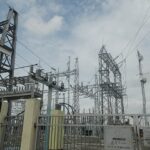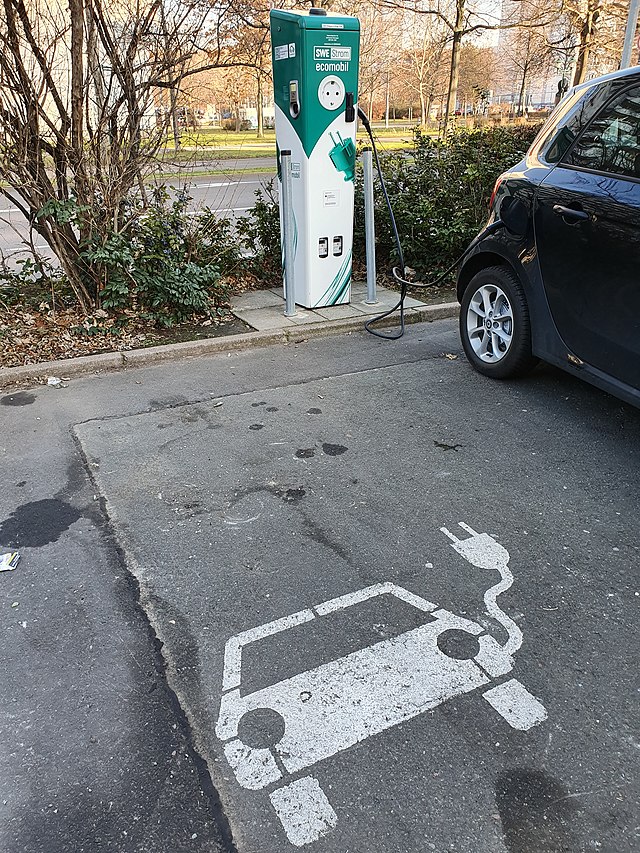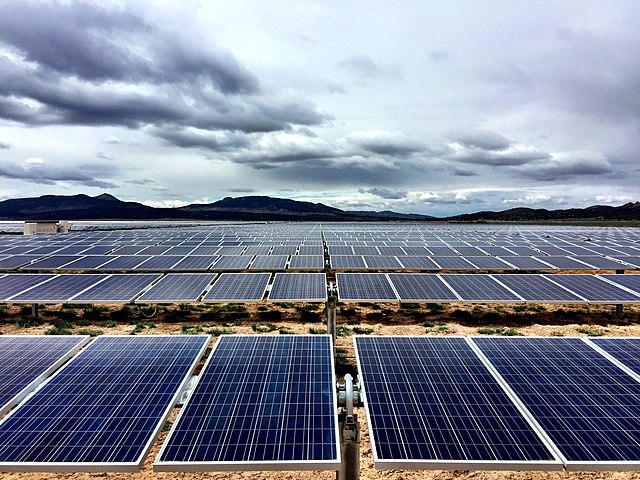In recent years, Bolivia has been making significant strides in the industrialization of lithium, a valuable resource with vast potential for economic growth. President Luis Arce Catacora proudly announced that Bolivia has signed agreements totaling over $2.8 billion for the industrialization of lithium. These agreements involve partnerships with CITIC GUOAN from China and Uranium One Group from Russia, aiming to establish two industrial complexes for lithium carbonate production in the saltpans of Pastos Grandes and Uyuni, located in the region of Potosí.
President Arce Catacora highlighted the importance of these agreements in consolidating Bolivia’s industrialization process, stating that a $1.4 billion investment agreement was signed earlier this year, and the newly signed agreements with CITIC GUOAN and Uranium One Group secure an additional $1.4 billion in investments. This substantial influx of capital will undoubtedly contribute to the development of Bolivia’s lithium industry and drive economic progress.
The Minister of Hydrocarbons and Energy, Franklin Molina, emphasized the significance of these agreements, referring to them as the second crucial step in Bolivia’s lithium industrialization policy. He noted that the partnerships with CITIC GUOAN and Uranium One Group entail investments of over $1.4 billion for the construction of two plants utilizing Direct Lithium Extraction (DLE) technology in the regions of Pastos Grandes and Uyuni.
It is worth mentioning that Bolivia had previously signed an agreement with the Chinese consortium CBC (CATL BRUNP & CMOC) to implement two industrial complexes with DLE technology in the saltpans of Uyuni and Coipasa. These plants will have a combined annual production capacity of 50,000 metric tons of lithium carbonate.
The signing of these agreements took place at a ceremonial event held in the Casa Grande del Pueblo and was attended by Carlos Ramos, the executive president of Yacimientos de Litio Bolivianos (YLB), along with representatives from both CITIC GUOAN and Uranium One Group. President Arce Catacora, Minister Molina, and the ambassadors of Russia and China also participated in the event, highlighting the significance of these partnerships for Bolivia’s economic development.
Under these agreements, the companies will establish industrial plants capable of producing battery-grade lithium carbonate with a purity of 99.5%. Additionally, they will engage in semi-industrialization and full industrialization processes using their patented DLE technology.
Uranium One Group will focus on the industrial project in a specific geographical area of the Pastos Grandes saltpan. This company, in partnership with ROSATÓN and NIQUEL NORILSK from Russia, controls one of the world’s ten largest lithium deposits and already produces lithium carbonate and lithium hydroxide.
On the other hand, CITIC GUOAN, the first Chinese company to apply DLE technology using raw brine, will undertake the industrial project in the Uyuni saltpan. This multinational corporation boasts a strong scientific research capability, as demonstrated by the construction of the world’s largest DLE production plant in late 2022, accomplished in just nine months.
Each of these complexes will have the capacity to produce 25,000 metric tons per year, resulting in a total annual production of 50,000 metric tons of lithium carbonate. The global demand for lithium, particularly for electric battery manufacturing, makes this production capacity highly valuable in the international market.
Both Uranium One Group and CITIC GUOAN were selected through a rigorous two-year process that involved an international call for proposals launched by the Bolivian government. The evaluation of various DLE technologies showcased their applicability to the unique characteristics of the two saltpans.
From a perspective that values economic progress and individual freedom, Bolivia’s pursuit of lithium industrialization represents an opportunity for the country to leverage its natural resources for economic growth and prosperity. The agreements with CITIC GUOAN and Uranium One Group demonstrate Bolivia’s commitment to attracting foreign investment, fostering technological advancements, and capitalizing on its lithium reserves.
The industrialization of lithium holds immense potential for Bolivia’s economy. By establishing advanced lithium production facilities, the country can create jobs, develop expertise in cutting-edge technologies, and diversify its economic base. Moreover, increased lithium production will contribute to meeting the growing global demand for electric vehicles and renewable energy storage, positioning Bolivia as a key player in the global lithium market.
It is essential for Bolivia to navigate this industrialization process while ensuring responsible and sustainable practices. Environmental considerations, including land use, water management, and the mitigation of potential ecological impacts, must be addressed to protect Bolivia’s unique natural heritage. This approach aligns with the principles of individual freedom and responsibility, as it seeks to balance economic development with environmental stewardship.
The pursuit of lithium industrialization in Bolivia exemplifies the potential for economic progress that can be achieved when nations embrace free markets, attract foreign investment, and leverage their resources to meet global demands. By capitalizing on its lithium reserves, Bolivia has the opportunity to transform its economy, improve the standard of living for its citizens, and contribute to the global transition towards sustainable energy.
In conclusion, Bolivia’s signing of agreements with CITIC GUOAN and Uranium One Group for the industrialization of lithium marks a significant step towards economic progress. The partnerships represent a commitment to leveraging Bolivia’s vast lithium reserves, attracting foreign investment, and fostering technological advancements. Through responsible and sustainable practices, Bolivia can harness the economic potential of its lithium resources, create employment opportunities, and contribute to the global transition towards clean energy. This pursuit aligns with principles that prioritize individual freedom, free markets, and responsible resource utilization, ultimately leading to the economic development and prosperity of Bolivia and its people.










